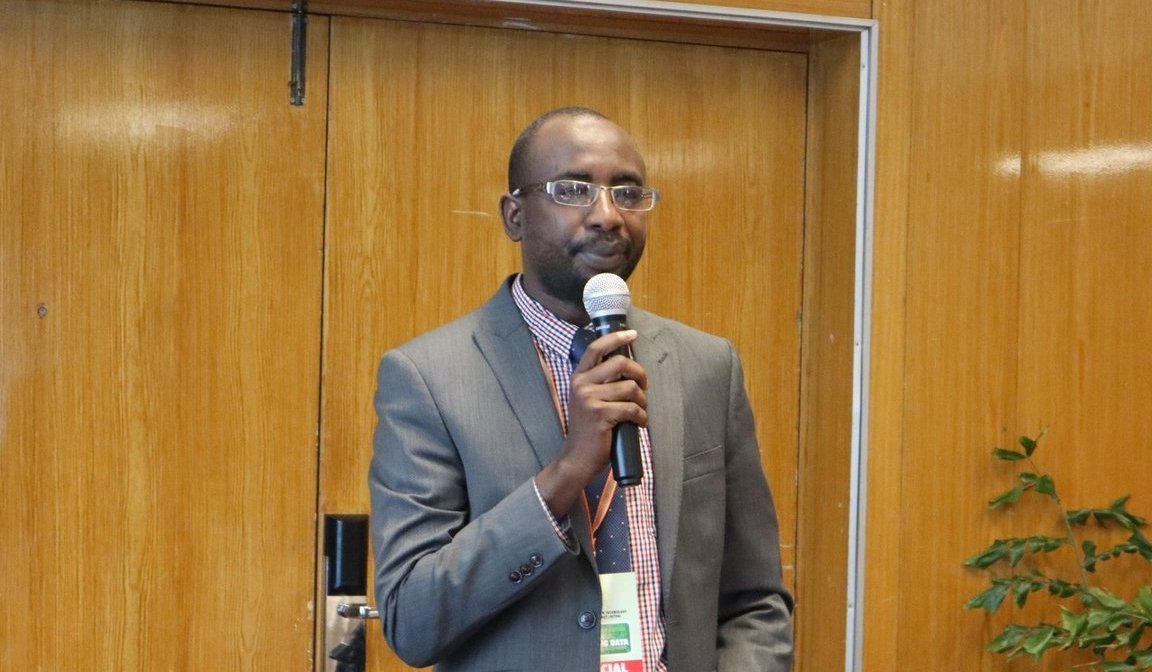The Director-General of National Information Technological Agency, NITDA, Kashifu Inuwa, has emphasized the need to develop Artificial Intelligence, AI technology to curb insecurity.
Mr Kashifu made the disclosure at a workshop in commemoration of International Day for Universal Access to Information, IDUAI.
DAILY NIGERIAN reports that the workshop was organised by the United Nations Educational, Scientific, and Cultural Organisation, UNESCO, in collaboration with the UNESCO Regional Office, Abuja.
Represented by the Director of IT Infrastructure Solution, Dr Abdullahi Gambo, the NITDA DG said that the technology presents countless avenues for access to information, intelligence gathering, sharing, security and privacy.
According to him, the AI technology also has the potential achieving the Sustainable Development Goals, SDGs, set by the United Nations in the 2030 Agenda.
Mr Kashifu said: “Universal access to information means that everyone has the right to seek, receive and impart information.
“Access to information is more and more recognized as a prerequisite for sustainable development and for claiming human rights.
“Meanwhile, Artificial Intelligence is poised to revolutionize the way we go about our daily lives – from governance to business, legislation to medicine to defence, etc.
“We can all agree that AI is humanity’s new frontier.
“Therefore, NITDA as the prime Agency for e-government implementation, Internet governance and general IT development in Nigeria, has developed initiatives for adoption of emerging technologies such as AI, strengthen cybersecurity, digital skills for digitally excluded citizens while enhancing the regulatory and market environment to increase access to ICTs, and promote seamless asses to information.
“We believe AI and associated emerging technologies will completely enhance the speed, efficiency and effectiveness of information gathering during the exchange of data or the ways of communication,” he concluded.
Also speaking, the Editor-in-Chief of PRNigeria, Yushau Shuaib, said that citizens have the right to access accurate, transparent, responsible and timely information.
In his paper titled “Access to Information in times of Crisis: saving Lives, Building Trust and Building Hope,” Mr Shuaib pointed out that governments have obligations to communicate with people through appropriate media, while the public has the right to know and criticize authorities through constructive engagement.
Mr Shuaib said: “The merits of New Media on affordability, accessibility and Instant delivery are occasionally marred by the fact that Social media is unregulated, anonymous and manipulative for spreading fake news.”
He therefore called for collaboration of stakeholders in ensuring appropriate legislation through public awareness campaigns to improve access to universal information in time of crisis.






